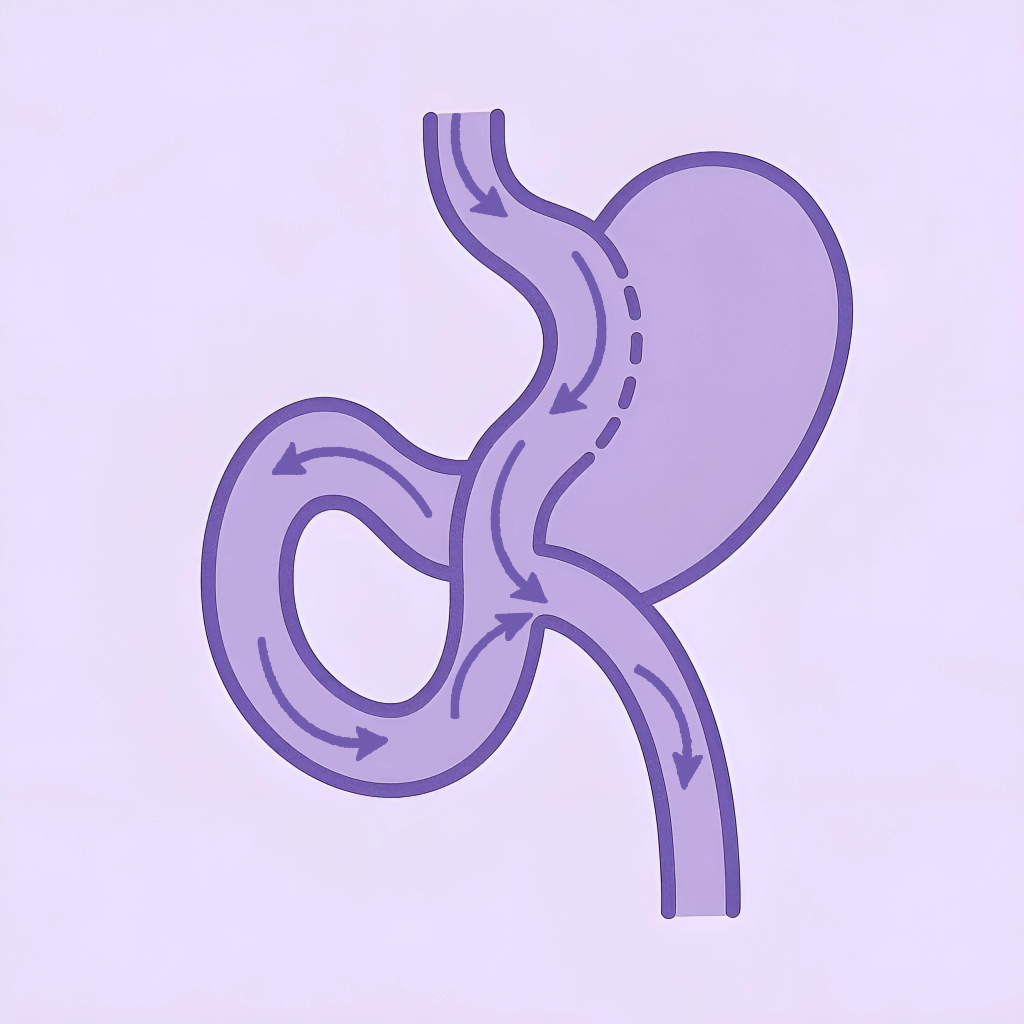Stomach Cancer







Stomach cancer develops when abnormal cells grow in the stomach lining, forming tumors that may spread.
Overview
Stomach cancer occurs when abnormal cells grow uncontrollably in the stomach, forming tumors. These cells can invade nearby tissues and spread to other parts of the body (metastasis). Most stomach cancers begin in the innermost layer, the mucosa, which produces stomach acid and digestive enzymes.
Risk factors include being over 60, male, consuming high amounts of smoked or pickled foods, smoking, excessive alcohol use, and obesity. Medical conditions such as Helicobacter pylori infection, chronic inflammation, previous stomach surgery, and certain genetic syndromes also increase the risk.
Treatment
Treatment depends on the type and stage of stomach cancer, as well as overall health. The primary options include surgery, which removes part or all of the stomach, and chemotherapy, which targets cancer cells throughout the body. Radiation therapy uses high-energy rays to destroy cancer cells in a specific area, while targeted therapy blocks cancer cell functions to slow growth.
In many cases, treatment involves a combination of these approaches. The goal may be to cure the cancer, control its progression, or manage symptoms to improve quality of life. Treatment plans are tailored to each patient based on their specific condition.
Procedure Details
Stomach cancer surgery involves removing the tumor, affected portions of the stomach, and nearby lymph nodes to prevent cancer spread.
Anesthesia is administered for patient comfort.
The affected portion of the stomach is removed (partial gastrectomy) or, in severe cases, the entire stomach is removed (total gastrectomy).
Nearby lymph nodes are removed to prevent cancer spread.
The digestive tract is reconstructed to maintain digestive function.
Recovery
Recovery time depends on the extent of the surgery. Most patients stay in the hospital for several days and gradually transition from liquid to solid foods. Pain, swelling, and digestive changes are common but manageable with medical guidance.
Long-term recovery includes dietary adjustments, nutritional support, and possible vitamin supplements due to changes in digestion. Regular follow-up appointments help monitor healing, manage symptoms, and ensure the best possible outcome after surgery.
Have questions about your treatment?
Our team is available 24/7 with multilingual support.

Frequently Asked Questions
Find answers to common inquiries.
Need personalized support?
WhatsApp us for a quick response—we reply within minutes.
What types of surgeries does Dr. Gül specialize in?
Why choose Türkiye for surgical procedures?
What is the recovery time for most surgeries?
What bariatric procedures are offered at the clinic?
How much weight can I expect to lose after bariatric surgery?
What languages does Dr. Gül and his team speak?
Will I need to take supplements after bariatric surgery?
Does insurance cover these procedures?
Can I combine treatment with travel in Turkey?
What support is available after surgery?
Our Expertise

Sleeve Gastrectomy
Minimally invasive surgery for long-term weight loss with a simple procedure and no rerouting.

Mini Gastric Bypass
Simpler, less invasive gastric bypass for significant weight loss and diabetes control.

Gastric Balloon
A non-surgical, temporary option for moderate weight loss without permanent stomach changes.
Follow Dr. Gül on Instagram





